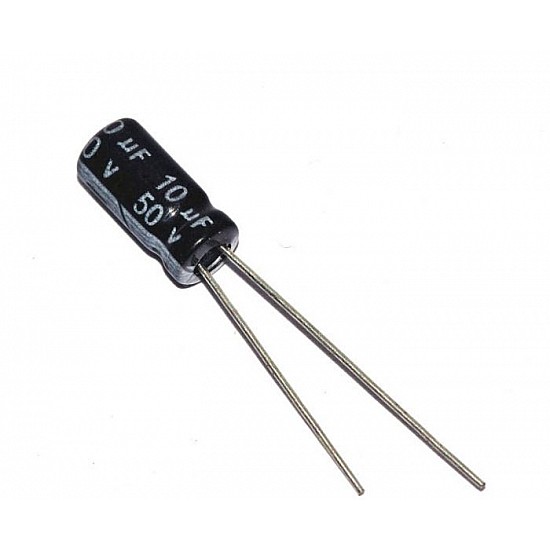In the realm of electrical engineering, two fundamental components play a pivotal role in the functioning of electronic circuits: capacitors and inductors. While both are passive electronic components, they possess distinct characteristics and serve unique purposes. In this article, we will delve into the intricacies of capacitors and inductors, unraveling their differences and shedding light on their applications.
- Definition and Function:
Capacitor: A capacitor is an electronic component that stores and releases electrical energy in the form of an electric field. It consists of two conductive plates separated by an insulating material, known as a dielectric. When a voltage is applied across the plates, the capacitor charges, storing energy. This stored energy can be released when needed.
Inductor: An inductor, on the other hand, is a passive component that stores energy in the form of a magnetic field. It consists of a coil of wire wound around a core material. When an electric current flows through the coil, a magnetic field is generated, storing energy. This stored energy can be released when the current changes.
- Electrical Properties:
Capacitor: Capacitors are characterized by their capacitance, which determines their ability to store charge. Capacitance is measured in farads (F) and can range from picofarads (pF) to microfarads (μF) or even higher. Capacitors exhibit reactance, which varies with the frequency of the applied voltage. They allow the flow of alternating current (AC) while blocking direct current (DC).
Inductor: Inductors are characterized by their inductance, which determines their ability to store magnetic energy. Inductance is measured in henries (H) and can range from microhenries (μH) to millihenries (mH) or higher. Inductors exhibit reactance, which also varies with the frequency of the applied current. They allow the flow of DC while impeding AC.
- Applications:
Capacitor: Capacitors find extensive use in various applications. They are commonly employed in power supply circuits to smooth out voltage fluctuations and filter out noise. Capacitors are also crucial in timing circuits, energy storage systems, and signal coupling. Additionally, they play a vital role in electronic filters, motor starters, and audio systems.
Inductor: Inductors have diverse applications across different industries. They are essential components in power electronics, used in converters, inverters, and transformers. Inductors are also utilized in radio frequency (RF) circuits, oscillators, and filters. Moreover, they are integral to magnetic sensors, energy storage devices, and wireless charging systems.
- Time Response and Energy Storage:
Capacitor: Capacitors exhibit a rapid response to changes in voltage, making them ideal for storing and releasing energy quickly. They can store energy for short durations and discharge it rapidly when required. This characteristic makes capacitors suitable for applications involving rapid voltage fluctuations and short-term energy storage.
Inductor: Inductors, on the other hand, have a slower response to changes in current due to the magnetic field's inherent properties. They are better suited for storing energy over longer durations and releasing it gradually. This characteristic makes inductors suitable for applications involving steady current flow, such as in power supplies and energy storage systems.
Conclusion:
In summary, capacitors and inductors are distinct components with unique characteristics and applications. Capacitors store energy in an electric field, exhibit reactance to AC, and find applications in power supply circuits and timing systems. Inductors store energy in a magnetic field, exhibit reactance to DC, and are crucial in power electronics and RF circuits. Understanding the differences between capacitors and inductors enables engineers to select the appropriate component for specific circuit requirements, ensuring optimal performance and functionality.

More Stories
AI Smart Glasses with AR Integration: Explore a New Reality
Smart Dynamic Cycling Helmet with Warning Lights for Real Roads
Dual Gas Spring Monitor Arms: The Perfect Solution for Multi-Screen Setups